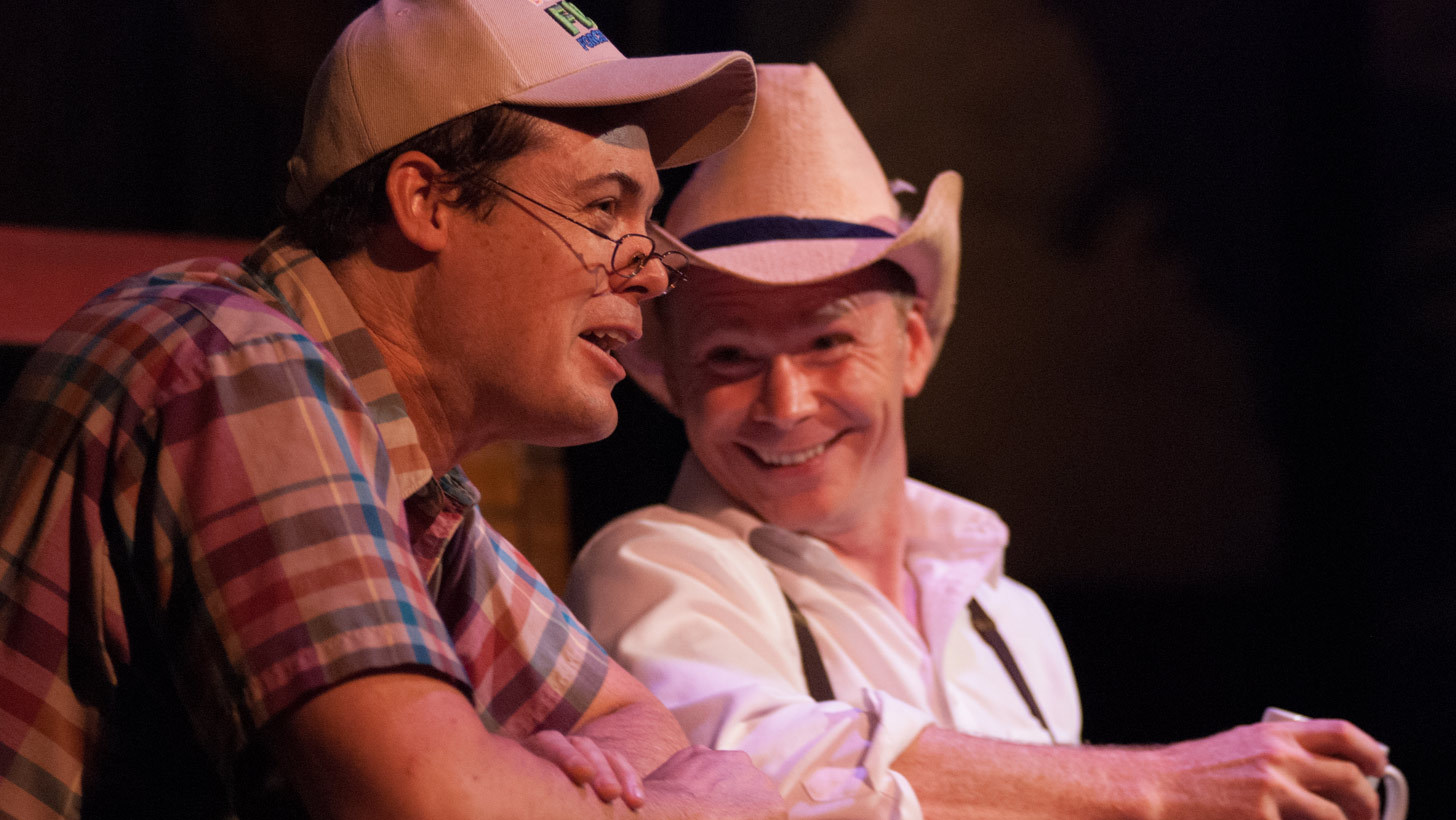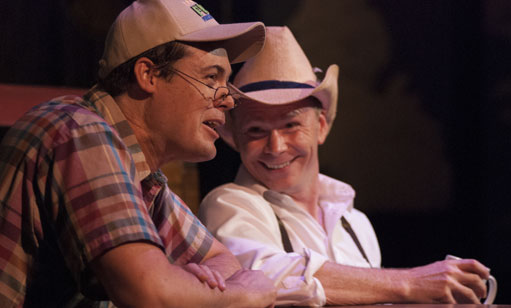Culture Shock: Greater Tuna Pokes Fun At Small-Town Texas Life
‘80S Play Still Frighteningly Relevant Today


Ryan Dobbs
Latest Article|September 3, 2020|Free
::Making Grown Men Cry Since 1992


Ryan Dobbs


